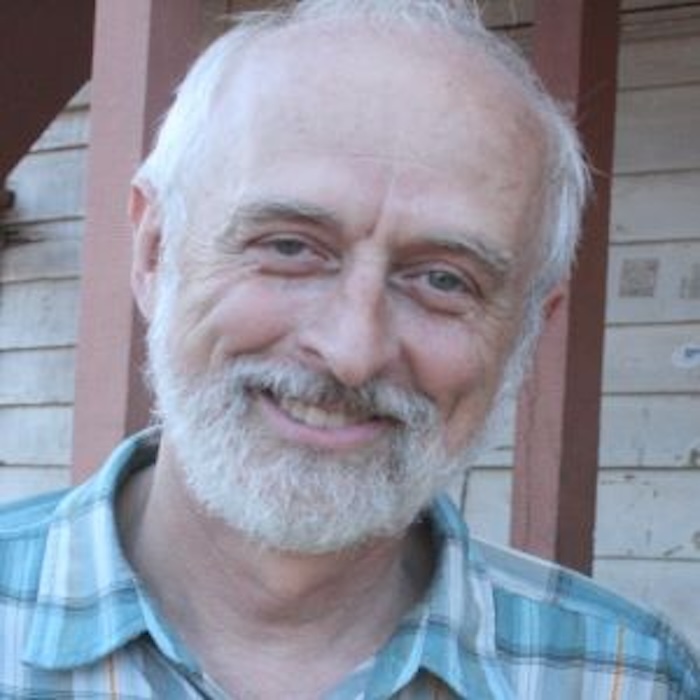
Daniel Peplow
Clinical Professor, Health Systems and Population Health
Director, Environmental Toxicology and Health, Suriname Indigenous Health Fund
509-930-7247 | dpeplow@uw.edu
Research Interests
Prof. Peplow has interacted directly with the UN, the Organization of American States, IADB, World Bank, the G20, communities, and other diverse international partners to develop a methodology global health practitioners could use to further address international health crises where international policies contribute to compromised health conditions that pose a regional threat to security. A key question asked in response to his request for a joined-up effort to address specific global health issues has been: “Where are the bodies”. To answer that question, Prof. Peplow is now developing a cloud-based “app” that victims, their families, and communities in the Guiana Shield region can use to self-report health issues traceable to the assimilation process. Comments, questions, and suggestions are currently being solicited from all sectors that will be used to prepare a final design model and make the app an effective tool for addressing non-communicable NTD’s and for increasing stability in the region.
Bio
Daniel Peplow is a Clinical Assistant Professor in the Department of Health Systems and Population Health at the University of Washington.
He served as Environmental Advisor to the Political and Economic Section of the US Embassy in Paramaribo, Suriname to answer the State Department’s question, “Will the environmental health effects of the IADB’s Suriname Land Management Project (SLMP) and Initiative for the Integration of the Regional Infrastructure of South America (IIRSA) affect Tribal and Indigenous communities in ways that could increase the risk of instability and politically destabilize the region.” Preliminary risk and health assessment studies provided data that served as a basis for the U.S. Army’s Med-Ready exercise that established the logistics to mitigate any potential unrest because of IIRSA or the SLMP.
Education
PhD Environmental Toxicology, University of Washington, 2003
MS Environmental Assessment, University of Washington, 1999
BS Zoology, University of Washington, 1997
BS Microbiology, Public Health, Washington State University, 1977
News
What UW is doing to fight Zika
Department of Global Health News, 05/20/2016